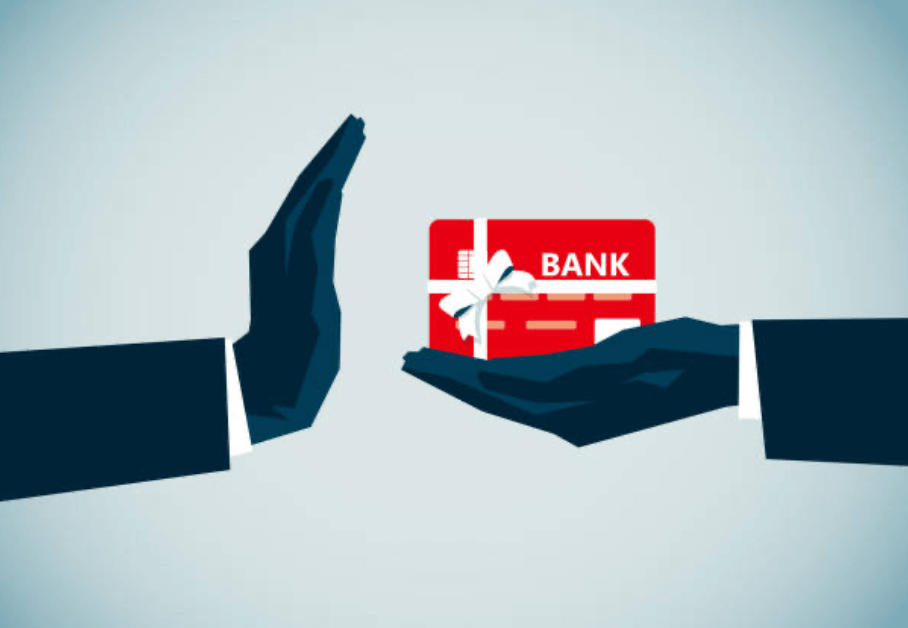Gift card scams are common, but luckily they're easy to avoid. Just keep in mind you should never buy gift cards to pay for something! A request for gift cards instead of a legitimate payment method is a key sign of a scam. If you have had a problem like this or are dealing with something similar now, this article is for you.

At some point you may get a request from someone asking you to pay for something by putting money on a gift card (such as Google Play or iTunes), and then giving them the numbers on the back. Anyone asking you to do this is trying to scam you. Real businesses and government agencies will never ask you to pay them with a gift card, and anyone who demands to be paid this way is a scammer.
What is a Gift Card Scam?
Gift cards are for gifts, not for payments. As soon as someone tells you to pay them with a gift card, that's a scam. Gift cards are popular with scammers because they're easy for people to find and buy. They also have fewer protections for buyers compared to other payment options. They're more like cash: once you use a gift card, the money on it is gone. Once they have the gift card number and the PIN, they have your money.
Scammers may tell you different stories to get you to pay them with gift cards, but this is what usually happens:
- The caller says it's urgent. They say you have to pay right away or something terrible will happen. They want to scare or pressure you into acting quickly, so you don't have time to think or talk to someone you trust. Don't pay! It's a scam.
- The caller usually tells you which gift card to buy. They might say to put money on an eBay, Google Play, Target, or iTunes gift card. They might send you to a specific store — often Walmart, Target, CVS, or Walgreens. Sometimes they tell you to buy cards at several stores so that cashiers won't get suspicious. And the caller might stay on the phone while you go to the store and load money onto the card. If this happens to you, stop! It's a scam.
- The caller asks you for the gift card number and PIN. The card number and PIN on the back let the scammer get the money you loaded onto the card. Please don't give them those numbers. You'll lose your money, and you won't be able to get it back.
Spot the Scam
Only scammers try to convince you to pay with gift cards. If you know how to spot their tactics, you can avoid the scam and help others spot and prevent them. Here's a list of common gift card scams and schemes:
- The caller says they're from the government — it may be the IRS or the Social Security Administration. They say you have to pay taxes or a fine. It's a scam.
- Someone calls from tech support, saying they're from Apple or Microsoft. They say there's something wrong with your computer and you must pay them to fix it, but it's a lie.
- You meet someone special on a dating website, but they need money and ask you to help them. This romance scammer makes up any story to trick you into sending them gift cards. Stop. Never send money or gifts to anyone you haven't met in person — even if they send you money first.
- The scammer pretends to be a friend or family member in an emergency and asks you to send money immediately — but not tell anyone. This is a scam. If you're worried, hang up and call a friend or relative to check that everything is all right.
- Someone says you've won a prize, but first, you must pay fees or other charges with a gift card. Remember: no honest business or agency will ever make you pay with a gift card. But also — did you even enter that sweepstake?
- The caller says they're from your power or utility companies. They threaten to cut off your service if you don't pay immediately. But utility companies don't work that way, it's a scam!
- You get a check from someone for way more than you expected. They tell you to deposit the check, then give them the difference on a gift card. Please don't do it. That check will turn out to be fake, and you'll be out all that money



